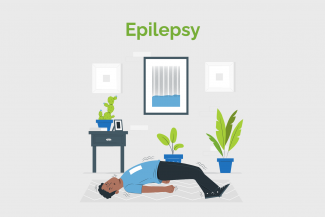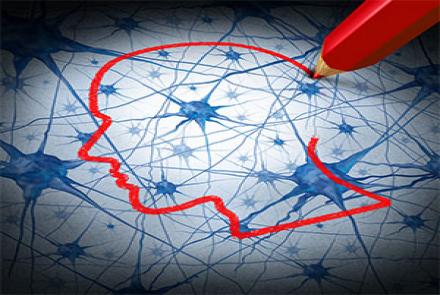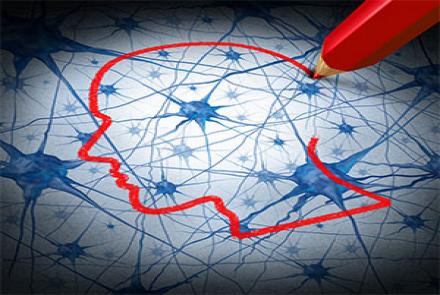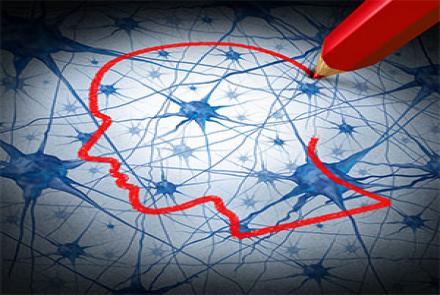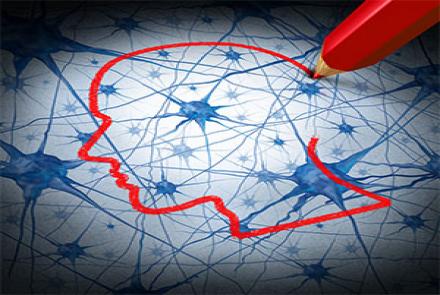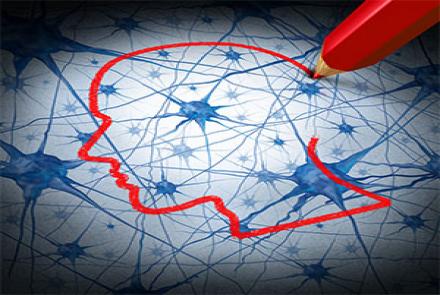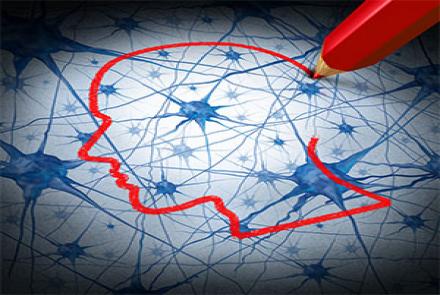Epilepsy is a chronic disorder marked by recurrent, unprovoked seizures. Many people with epilepsy have more than one type of seizure and may have other symptoms of neurological problems as well. According to WHO, it affects 50 million people worldwide. 75% of the people with epilepsy in low and middle income countries do not get treatment for Epilepsy
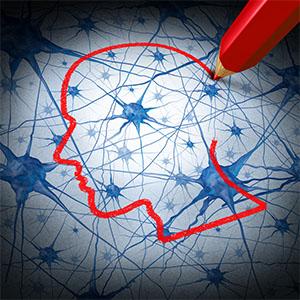
What is Epilepsy?
Epilepsy is a group of disorders marked by recurrent seizures over a prolonged period of time. The activity of nerve cells in brain becomes disrupted causing seizures or periods of unusual behavior, sensations and sometimes loss of consciousness.
People can have different types of seizures and they may have other neurological problems as well.
Community
Condition

